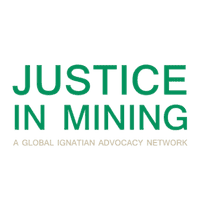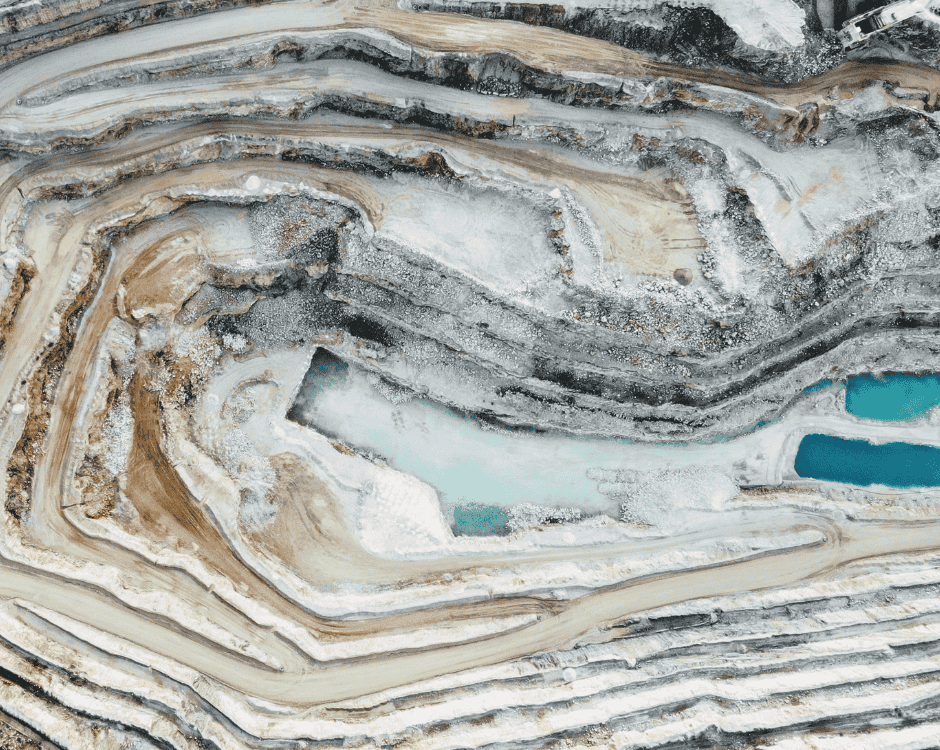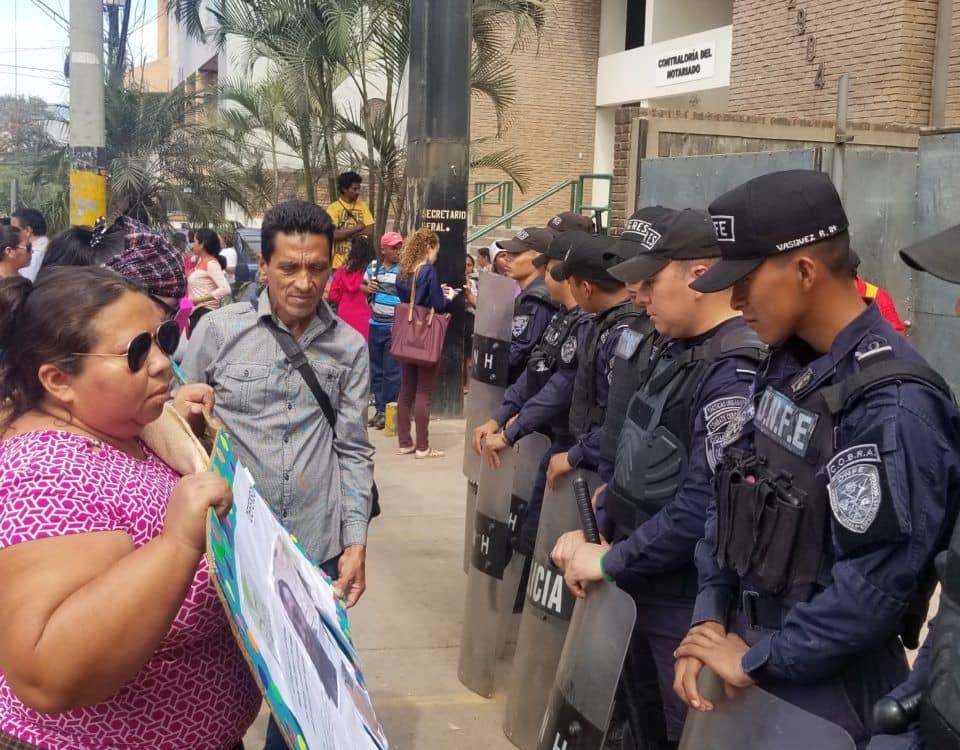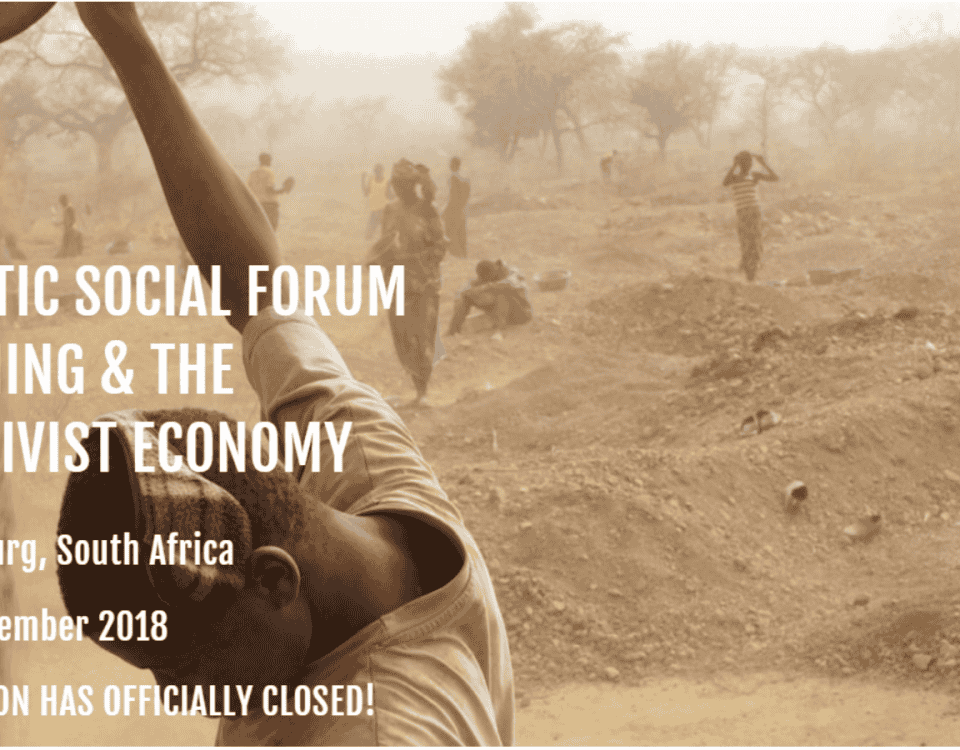This website uses cookies so that we can provide you with the best user experience possible. Cookie information is stored in your browser and performs functions such as recognising you when you return to our website and helping our team to understand which sections of the website you find most interesting and useful.
Justice in Mining network finally face to face
Firstly, a few months after our last meeting, in November 2019, the COVID-19 pandemic forced us to slow down our work plan in order to address more urgent needs. Even so, we managed to map those Social Centres, Universities, and international NGOs of the Society of Jesus that work or have worked on projects related to mining, whether accompanying local communities and vulnerable groups, analysing public policies, or developing awareness-raising and advocacy campaigns. In 2021 we were able to identify some twenty institutions around the world and in 2022 we asked a representative group of these institutions to document the case studies they were working on
Secondly, the Loyola meeting brought together a diverse group of people to present twelve case studies, share examples of «good practices» and draw lessons learned to help us improve networking. Twenty-four people from nine different countries (DR Congo, Kenya, Italy, Brussels, Australia, Canada, Mexico, Spain, UK, and India), from seven Jesuit social centers, three Jesuit universities, and four Jesuit NGOs came together.
We had the chance to listen to stories from the struggles of the human rights defenders and environmental activists in Honduras; the success of a local community in Mexico exerting its right to say no to mining; the realities of the artisanal miners from DR Congo and Kenya; a people’s movement resisting a Coal Mining Company in Jharkhand and the impacts of mining in the Province of Goa, in India; the conflict generated by fracking in the Northern Territory of Australia; the corporate regulations over the mineral supply chains that are being discussed in different countries and regions, such as Europe and Canada, and other strategies to hold mining corporations accountable, such as “shareholder activism” in the UK.
The meeting was also attended by representatives of other networks linked to the promotion of integral ecology, such as the Justice and Ecology Network of Africa (JENA) and the Ecclesial Network of the Congo Basin (REBAC). As well as networks specialised in accompanying communities affected by the mining and public advocacy, such as the Churches and Mining network, which presented its campaign «Divestment in Mining», and CIDSE, the Catholic NGO network for social justice, which presented the Access to Justice Campaign and updated us on the negotiations of the Binding Treaty on Business and Human Rights.
Those of us who are part of the Ignatian family are called to connect with these wounded realities in search of reconciliation and justice following the Universal Apostolic Preferences of the Society of Jesus and the social doctrine of the Church. For three days we used the methodology «see, judge, and act» to listen carefully to testimonies, connect with communities suffering the impacts of mining and find ways to continue to advocate for justice in these difficult contexts.
Among the outcomes of the meeting, we plan to publish a special issue of Promotio Iustitiae in 2023 dedicated to compiling the documented case studies and the development of a new strategic plan for the network, which we hope will allow us to increase collaboration among the network members.
Source: Justice in mining





